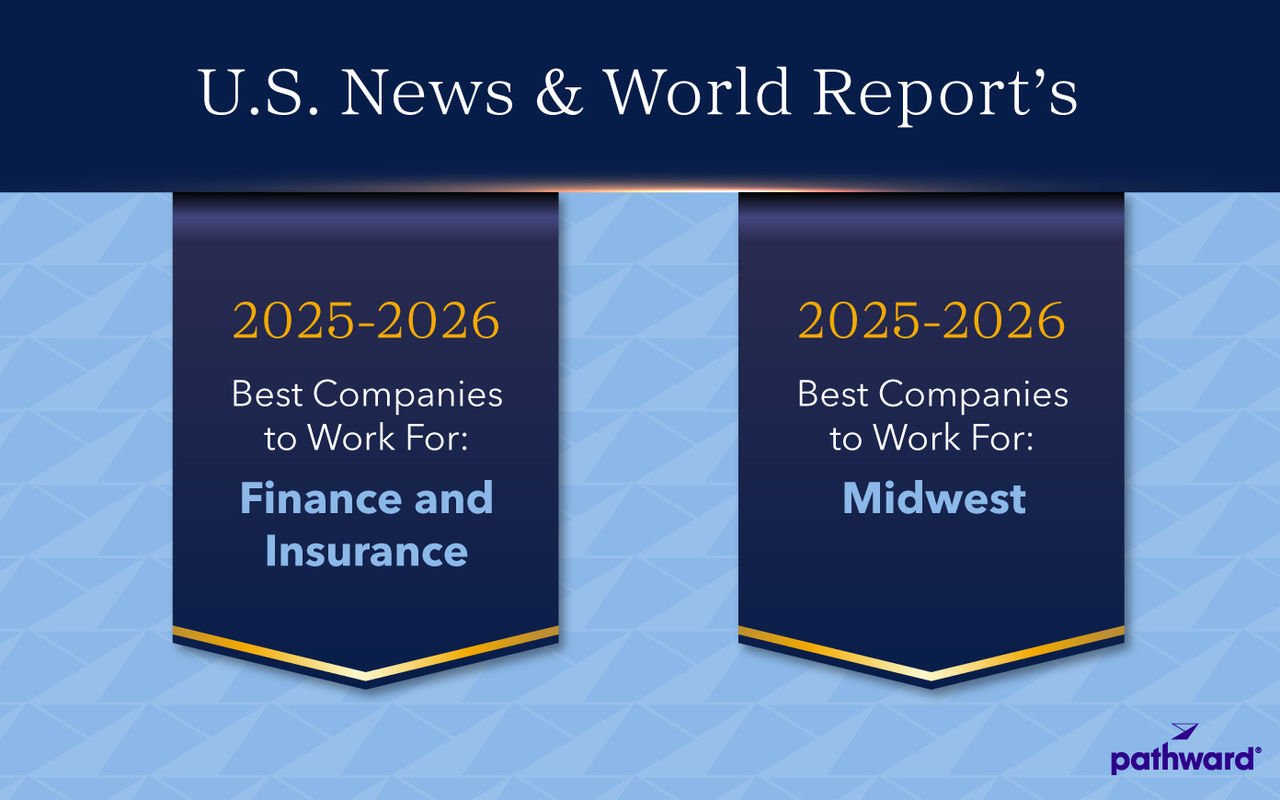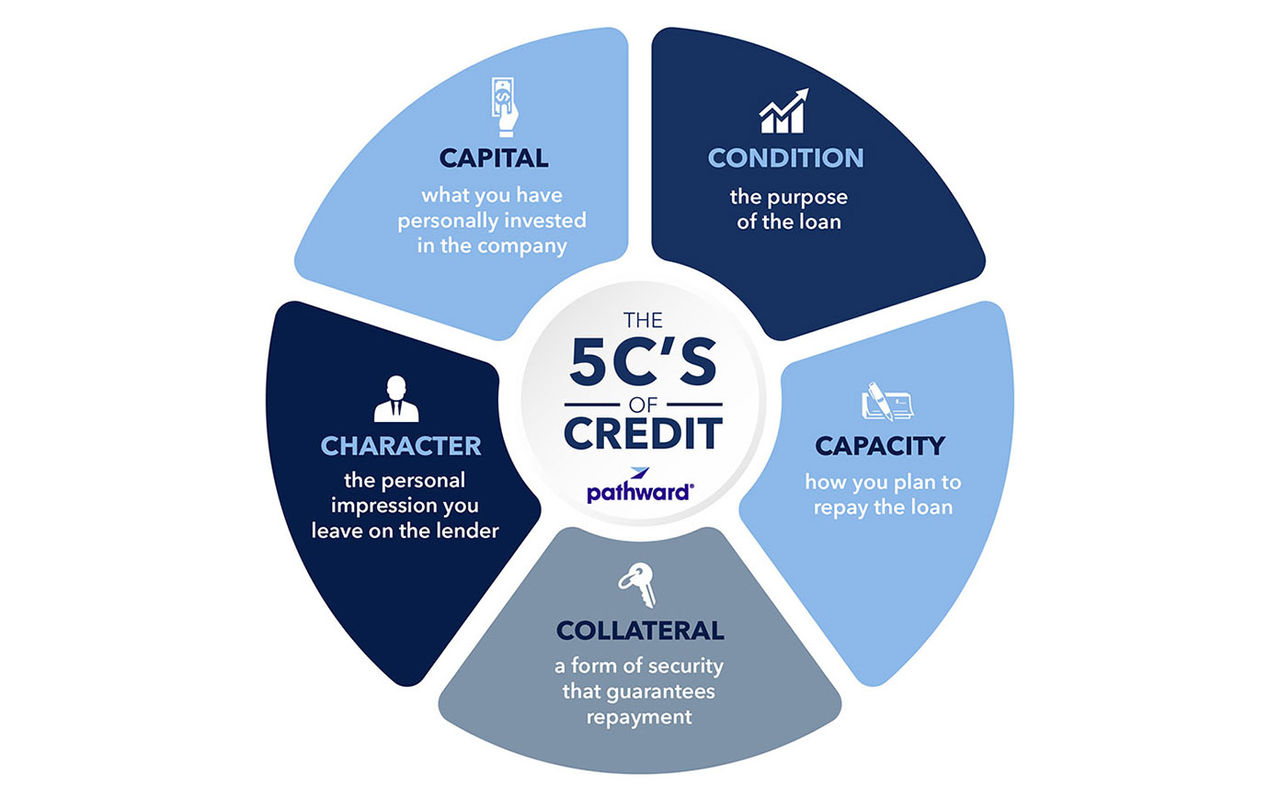
- Investor Relations
- Careers
-
Log In
- Online Banking
- Commercial Finance | Formerly Crestmark
The Remote First Approach

By Brett Pharr, CEO
Remote employment is entering another critical conversation three years after the pandemic forced much of the global workforce to virtualize the office.
Today, the conversation is reversing with 59% of employees working in the office full-time, according to new data from WFH Research. This call to the office is no surprise. In fact, a 2022 KPMG survey of U.S. bank CEOs revealed that nearly 70% of respondents expect a full return to the office within three years.
There are numerous stated and unstated reasons why many companies are setting returning to the office policies. Unrelated to the work itself, some companies are trying to protect investments in offices, infrastructure, urban centers and campuses. Some have even used these policies to reduce headcount.
But others have legitimate concerns about productivity, culture, collaboration and career development. While returning to the office and past practices may address these issues, the in-office approach is not the only way. We have learned that intentional changes in practices and approaches can achieve better results with these key ingredients. Examples of Pathward’s intentionality include morning team huddles, routine check-ins, visual-based training where everyone can look at the same documents, the ability to better read the room when everyone’s on the same screen, business purpose intentional travel (versus road warriors) and online training that supports career development and career pathing. We have improved productivity, culture and collaboration through a different set of practices and expectations.
Therefore, while many companies are pushing for a return to the office, the future of remote work is not up for debate or a policy shift at Pathward®, N.A.
I learned a long time ago from a great CEO that if you take care of your employees, they will take care of your customers and partners, who in turn will take care of your shareholders. Remote work, done well, benefits all stakeholders.
In March 2020, a portion of Pathward’s workforce was teleworking already. The pandemic simply accelerated this option, and by April 2021, Pathward had established a Talent Anywhere approach to recruiting and hiring, thereby reinforcing its commitment to remote-first employment. Since that decision, Pathward has stretched its footprint across over 40 states and the District of Columbia and has seen strong business performance and positive employee engagement.
Survey Says...
According to Pathward’s 2023 Employee Engagement Survey, four of its top five workplace strengths are directly connected to its remote work policy:
- We can support our customers' needs while employees have moved to work remotely. (95%)
- Our company culture enables me to work effectively as a remote employee. (92%)
- My manager supports my efforts to balance my work and personal life. (92%)
- I have flexibility in my work hours to meet my personal commitments. (92%)
As CEO, I am delighted to see these results. It signals several things:
- Our employees believe we can meet or exceed customer expectations in a remote-first environment, and I have no concern with our promise to improve the client and partner experience while continuing to receive positive feedback from current customers.
- We are providing the necessary tools to allow employees to get their work done. That said, we know “effective” does not mean “optimal,” and our People and Culture and Technology teams continually assess tools and products that will improve the experience of our employees and customers.
- And finally, managers and their teams are finding balance at home between their work and personal obligations, which I believe underscores a greater conversation around trust. The return-to-office movement says productivity decreases with remote work. I disagree. In my opinion, a balanced life leads to happier, healthier, and more engaged employees and these statistics bear that out.
The New Office
The remote-first workplace has lent itself to many benefits at Pathward: cutting out the commute, favorable productivity, the ability to hire diverse talent from anywhere in the United States, and a 55,000 square foot reduction in physical footprint in 2022 alone. But we know it is still challenging to work in a virtual setting, with potential obstacles such as cramped quarters and decreased peer-to-peer interaction. Developing a human-centric work environment has required meaningful changes to re-create connectivity on- and off-camera, including:
- Building a robust community impact program that allows employees to support the organizations they care about through volunteer paid time off and organizing volunteer events
- Offering team off-sites intended to encourage team morale, innovation, and collaborative thinking
- Adding company-wide paid Be Well days to unplug from the daily work schedule
- Holding optional in-office days monthly at our branch offices to meet regional colleagues
- Increasing the number of employee resource groups and empowering them to engage in important conversations and community activities
- Offering professional development opportunities through interactive workshops and LinkedIn Learning
With remote technology improvements, our own internal learnings, and a workforce empowered to speak to their needs and preferences, Pathward is positioning itself as an employer-of-choice. We recently earned a 2023 Great Place to Work® certification™ and were honored by Newsweek as one of America’s Great Workplaces along with special distinctions for Women, Diversity, and Parents and Families.
The new office is here, and we are proud of what it is becoming.
Recent Posts
-
 Pathward’s Will Sowell Shares Insights on Bank-Fintech Partnerships at American Banker’s Digital Banking Conference02 July 2025Pathward’s Divisional President of Partner Solutions, Will Sowell, weighed in on digital assets and other timely banking topics during the panel discussion, The Future of Bank-Fintech Collaboration.
Pathward’s Will Sowell Shares Insights on Bank-Fintech Partnerships at American Banker’s Digital Banking Conference02 July 2025Pathward’s Divisional President of Partner Solutions, Will Sowell, weighed in on digital assets and other timely banking topics during the panel discussion, The Future of Bank-Fintech Collaboration. -
 Pathward Recognized among U.S. News & World Report’s 2025-2026 Best Companies to Work For30 June 2025U.S. News & World Report has named Pathward as one of the 2025-2026 Best Companies to Work For.
Pathward Recognized among U.S. News & World Report’s 2025-2026 Best Companies to Work For30 June 2025U.S. News & World Report has named Pathward as one of the 2025-2026 Best Companies to Work For. -
 The 5 C's of Credit: What A Lender Looks For08 September 2022Knowing the 5 C's of Credit before you apply may better position you for obtaining a loan. Here are 5 key factors the lender will look for when considering your request.
The 5 C's of Credit: What A Lender Looks For08 September 2022Knowing the 5 C's of Credit before you apply may better position you for obtaining a loan. Here are 5 key factors the lender will look for when considering your request.
